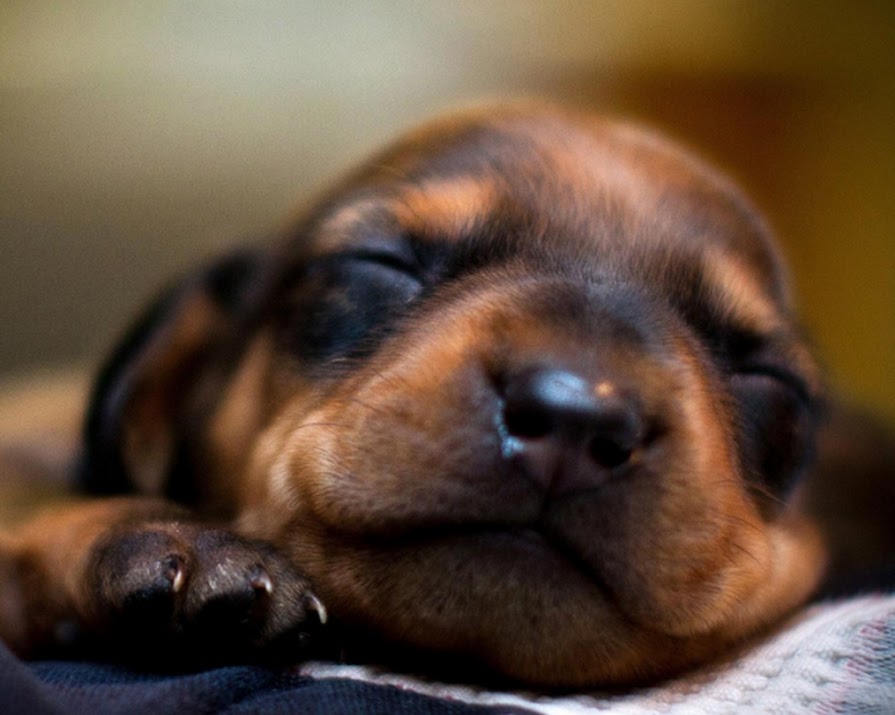
By IMAGE
16th Dec 2014
16th Dec 2014
Suffice to say, more than a few of us are suffering from sleep deprivation. We rise early for work and we stay up late, gorging on Netflix and other such activities that keep our brain in over drive. A new study published in the Sleep journal hypothesizes that workplaces with more flexible starts time would ensure that staff will struggle less with sleep loss. Though we’re not quite sure you’d have to be a scientist to figure that one out.
Arriving at this conclusion, researchers analysed 124,517 (to be exact) responses to a survey on how Americans used their time between 2003-2011. Studying this data, they found that people were opting out of essential sleep in order to arrive at work at the crack of dawn. Naturally, those who weren’t sleep deprived were most often self-employed with flexible working hours.
The researchers discovered that those who started work between 9 and 10 am got on average of 7.29 hours of blissful shut eye, while those who started work before 6 am were getting by on just six hours.
They say we need on average of 7 to 8 hours of sleep in order to maintain our mental, emotional and physical wellbeing, but this is really very dependent on the person, their level of activity and other such factors. Some of us do manage quite well on six hours a night while others can’t function if they’re pulled from their beds with less than 9 hours under wraps.
Commenting on their findings, Lead author Dr. Mathias Basner, of the Pennsylvania Perelman School of Medicine in Philadelphia, explains: ?The evidence that time spent working was the most prominent sleep thief was overwhelming.?























